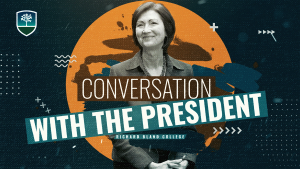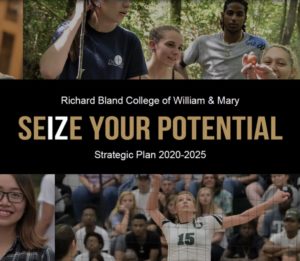President
Dr. Debbie L. Sydow
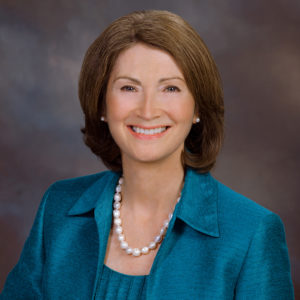
President Sydow
Dr. Debbie L. Sydow is president of Richard Bland College, Virginia’s only public, residential two-year college. She is president emerita and distinguished professor of English at Onondaga Community College—one of the largest community colleges in the State University of New York (SUNY) system. Sydow has served as President of the New York Community College Association of Presidents, Chair of the Board of Directors of the Institute for Community College Development at Cornell University, and Chair of the American Council on Education’s Commission on Leadership and Institutional Effectiveness.
Strategic reinvestment and reinvention as a means of improving student learning outcomes has been the central focus of Sydow’s leadership, and her research. Her writings have been published in a wide range of publications, including the Community College Journal of Research and Practice, Diverse Issues in Higher Education, and the American Council on Education Leadership Briefs, and her recent book is entitled Re-visioning Community Colleges.
Sydow’s discipline is English literature, rhetoric and linguistics. She earned a B.A. from the University of Virginia’s College at Wise, M.A. from Marquette University, and Ph.D. from Indiana University of Pennsylvania. She has received numerous awards and honors, including an honorary Ph.D. from Keuka College, the Association of Community College Trustees (ACCT) CEO of the Year Award for the Northeast Region, and the Phi Theta Kappa National Honor Society’s Shirley B. Gordon Award of Distinction.
Welcome to Richard Bland College
We’re a selective, residential, two-year college with a singular focus. We prepare students for transfer to highly ranked universities in Virginia and throughout the nation, and not surprisingly, students rate Richard Bland College professors among the best in the region.
Richard Bland’s strong partnerships with selective public and private colleges and universities seamlessly connect students to baccalaureate programs and degrees that may have been out of reach prior to completing the first two years of college at Richard Bland.
From our residential Student Village and adjacent athletic complex, to the award-winning new science facility, you’ll know that we’re serious about providing you with the whole college experience. Just a short drive from Williamsburg, Virginia Beach and Washington, DC, Richard Bland’s expansive and picturesque campus, located just south of Richmond, Virginia, is the perfect setting for our small, diverse and vibrant learning community.
At Richard Bland College, we work hard to ensure that when you transfer to William & Mary or one of our other university partners, you won’t carry big college debt that will hinder your future. In fact, tuition and fees at Richard Bland College are among the lowest to be found anywhere, making the return on investment remarkably high. When you graduate, you’ll have a first-rate education, lifelong memories and a reputable degree that you’ll be proud to list on your résumé.
Begin at Richard Bland College where you will find everything you need to create your unique educational journey.
Strategic Plan 2020-2025
What is the role of a selective, two-year, residential, liberal arts transfer institution within the higher education landscape of the Commonwealth of Virginia? This is a key question that must be answered to ensure the success of Richard Bland College (RBC) and the constituency that the College serves. The 2020 RBC strategic plan’s primary objective is to answer that very question so that the College, the community and the Commonwealth can engage successfully within this identity and purpose to the benefit of all.
Community College Student Mental Health (The Futures Series on Community Colleges)
Community college student mental health is a critical topic among community college leaders, faculty, and staff. Mental health concerns among community college students are more prevalent and more pronounced than among students at four-year institutions. The recent pandemic has further amplified students’ mental health concerns. Poor mental health can negatively affect student success outcomes such as persistence within courses, grade point average, and credential completion. Even though the research in this area is growing, additional work is necessary to fully grasp the scope and details of the issue.
Within this book, Latz outlines the contours of the issue by explaining what is already known. She then uses data from a study involving interviews with community college faculty to further explain the issue from their unique and important vantage points. Readers will learn about both the professional lives of community college faculty and their experiences with and perspectives of their students, many of whom navigate mental health issues. The book is concluded with robust recommendations for community college leaders who are seeking ways to better support their students.
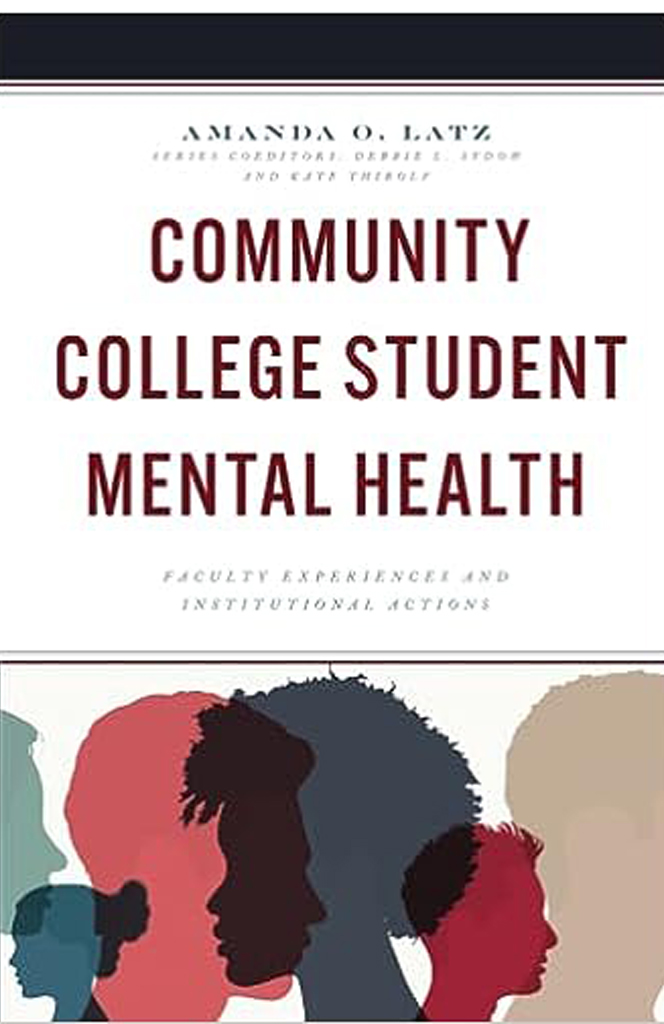
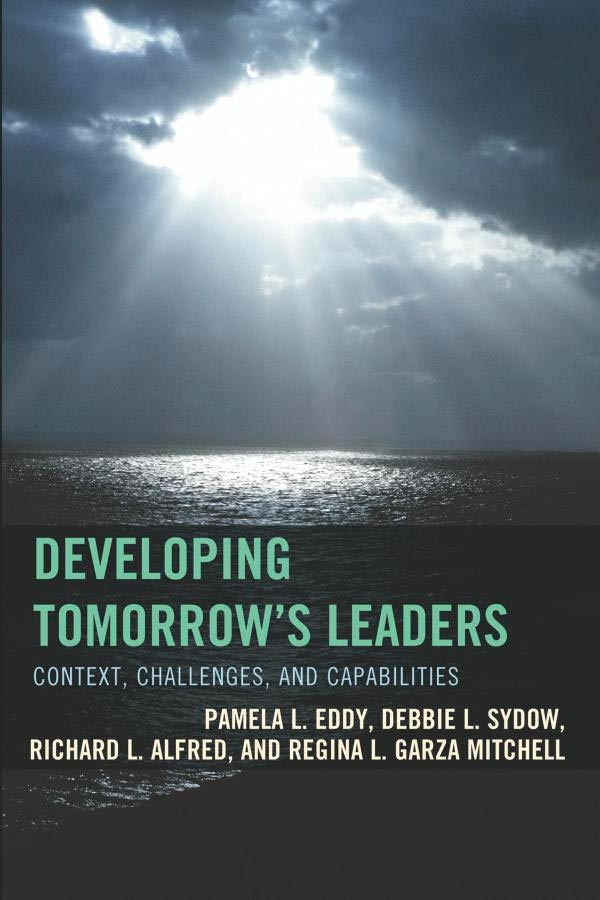
Developing Tomorrow's Leaders: Context, Challenges and Capabilities
The contributions of community colleges to society are well-documented. Yet, today’s community colleges are at a cross road. Decreases in funding support, a push for college completion, attention on developmental course work, and a host of other demands create a dynamic context for community college operations. Who leads these colleges matters as they face these demands and how they lead influences outcomes. Pending leadership retirements provide a prime opportunity for thinking about community college leadership in new ways. Entering this environment are prospective and aspiring leaders who are often not adequately prepared for the complexities of managing in a paradoxical organization. The era of accountability puts a fine point on the need for leaders to pay heed to the policy making process and to requirements dictated by state legislative bodies and accreditation bodies.
Foundations and grant funders serve as instigators for changes in community colleges, as well and also support research into ways to link employer needs to college curricular changes. This book argues that neo-leaders are required to lead transformational change for today and tomorrow’s community colleges. No longer can we rely on single leaders atop a hierarchy. Talent throughout the institution must be tapped. The authors argue that networked leadership is needed. For networked leadership, we begin to advance thinking about the role of networks and connections among leaders throughout the college and beyond the college’s walls. This volume outlines underlying values critical for neo-leaders and offers questions leaders at various levels can use to jumpstart the type of courageous conversations needed on campus. The tools presented in this book provide current and aspiring leaders with resources to prepare for successfully leading the way and developing new leaders to shape the future. Our community colleges and their students require nothing less.
View the BookTalk Distinguished Author Series Video with President Sydow
Re-visioning Community Colleges
Extreme make-overs have value beyond the confines of reality television. This book presents a “no holds barred” analysis of the shape and direction of community colleges in a landscape of dramatic and unstoppable economic, social and political change. Re-visioning explores the ways that community colleges are or could innovate and recreate structures and systems to become leaders of an industry that is in the midst of transformation.
The very characteristics that have made community colleges simultaneously the outcasts and the darlings of higher education-open-access, low cost, convenience, community focus and responsiveness to local demand-have now positioned them for innovation and reinvention. Perpetually scarce resources and the accretion over time of inefficient programs, systems and practices common to the higher education industry have coalesced to impede the ability of most colleges to advance scalable and sustainable innovation. Change, particularly change that is innovation-driven, can defy the best efforts of leaders. Re-visioning highlights the people, the organizations and the cultures that are leading innovative change.
At a moment when community colleges are at once vulnerable and enjoying unprecedented public favor and attention, Re-visioning contemplates what future success could look like and how to get there. It presents a candid snapshot of the past and the present, and then attempts to adjust the lens to bring into focus the blurry outer reaches of the future. The ideas and insights of some of today’s leading thinkers and practitioners add nuance and texture to the image that emerges.
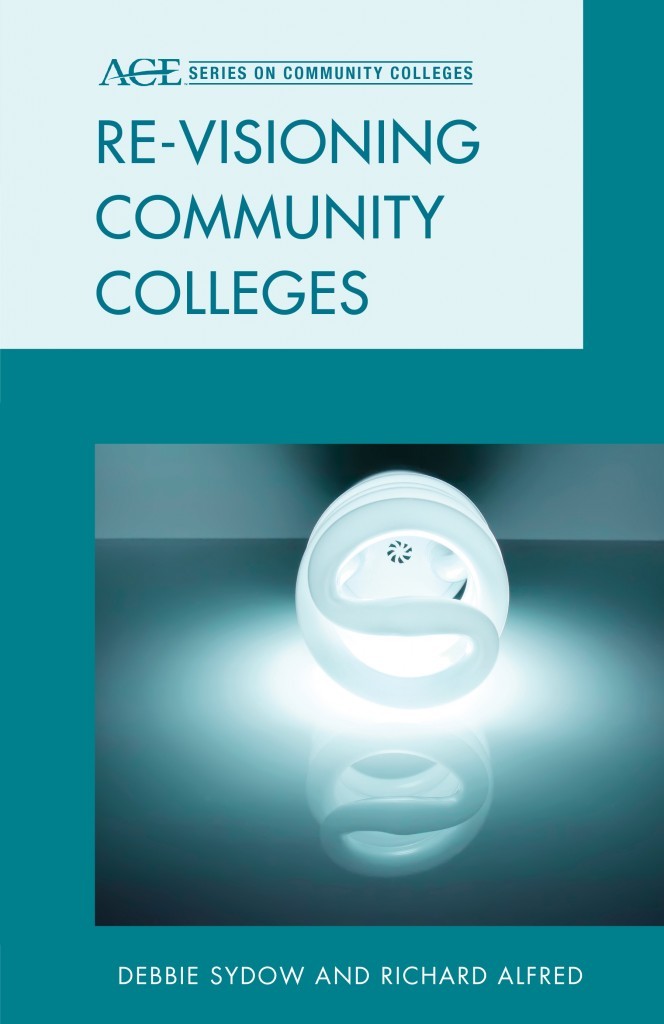
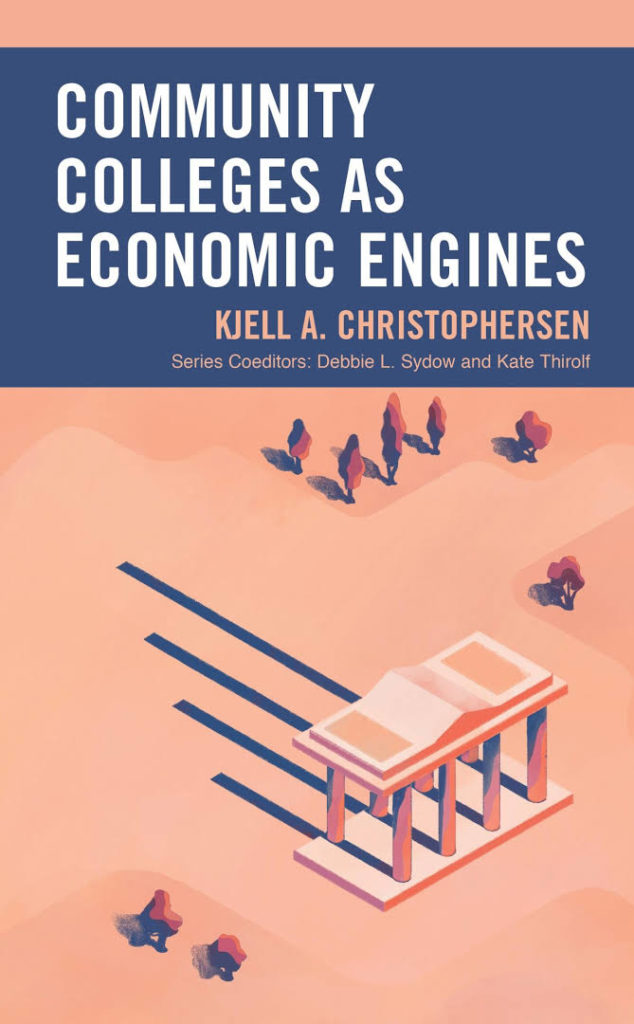
Community Colleges As Economic Engines
Over the past 19 years, Economic Modeling Specialists International (Emsi) has responded to the demand for credible and affordable economic impact studies by completing over 2000 such studies for colleges in the US, UK, Canada, and Australia. The book chronicles the lessons learned over this time period and highlights what an economic impact study is, is not, what the results mean, and why they are important. It also discusses how presidents and governing boards can leverage the impact results to address other issues they deal with on a daily basis. Few college presidents are fully aware of this opportunity, however, and thus do not fully exploit the richness of the study. A strong case is also made that the college leadership should play a much stronger leadership roles in regional economic development of their region in addition to their roles as advocates for their colleges only.
